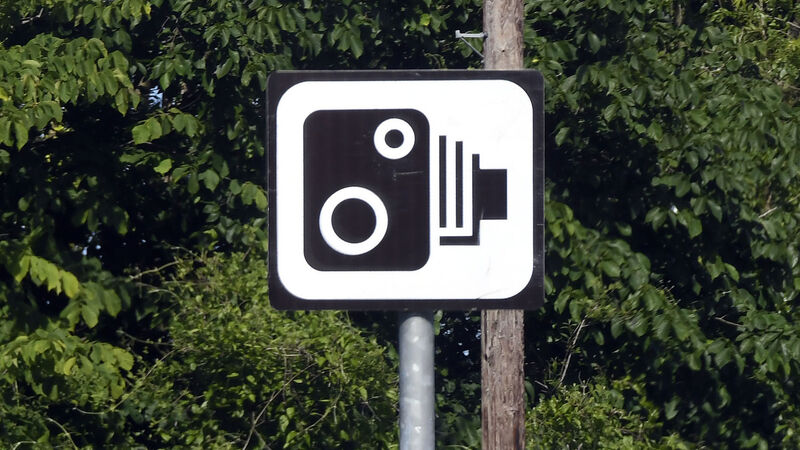Letters to the Editor: Criticism for Camhs aimed at leaders’ arrogance

The introduction of new reduced speed limits will not, on their own, reduce fatalities or serious injuries on our roads, says one reader. Picture: Denis Minihane
Try from €1.50 / week
SUBSCRIBEKieran Moore (Letters, September 8) takes a robust swipe at the paltry service intervention for vulnerable children across the disability spectrum. His ire is mostly well placed, albeit he misunderstands the innate flaws in the Camhs hierarchical setup and, presuming they’re disproportionately scapegoated, he claims that “Camhs gets all the rap, and other services covering disability...... get away scot-free by comparison”.
Just to enlighten him, Camhs teams deserve all the opprobrium they elicit, due to the professional arrogance of their team leaders.... aka psychiatrists.
Already a subscriber? Sign in
You have reached your article limit.
Annual €130 €80
Best value
Monthly €12€6 / month
Introductory offers for new customers. Annual billed once for first year. Renews at €130. Monthly initial discount (first 3 months) billed monthly, then €12 a month. Ts&Cs apply.
Newsletter
Sign up to the best reads of the week from irishexaminer.com selected just for you.

Select your favourite newsletters and get the best of Irish Examiner delivered to your inbox
Monday, February 9, 2026 - 6:00 AM
Monday, February 9, 2026 - 8:00 AM
Monday, February 9, 2026 - 9:00 AM
© Examiner Echo Group Limited